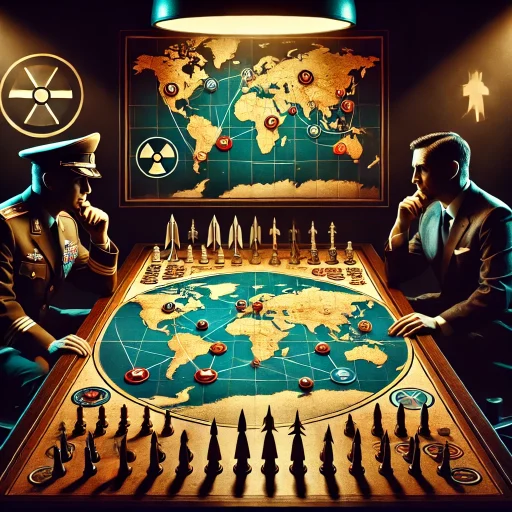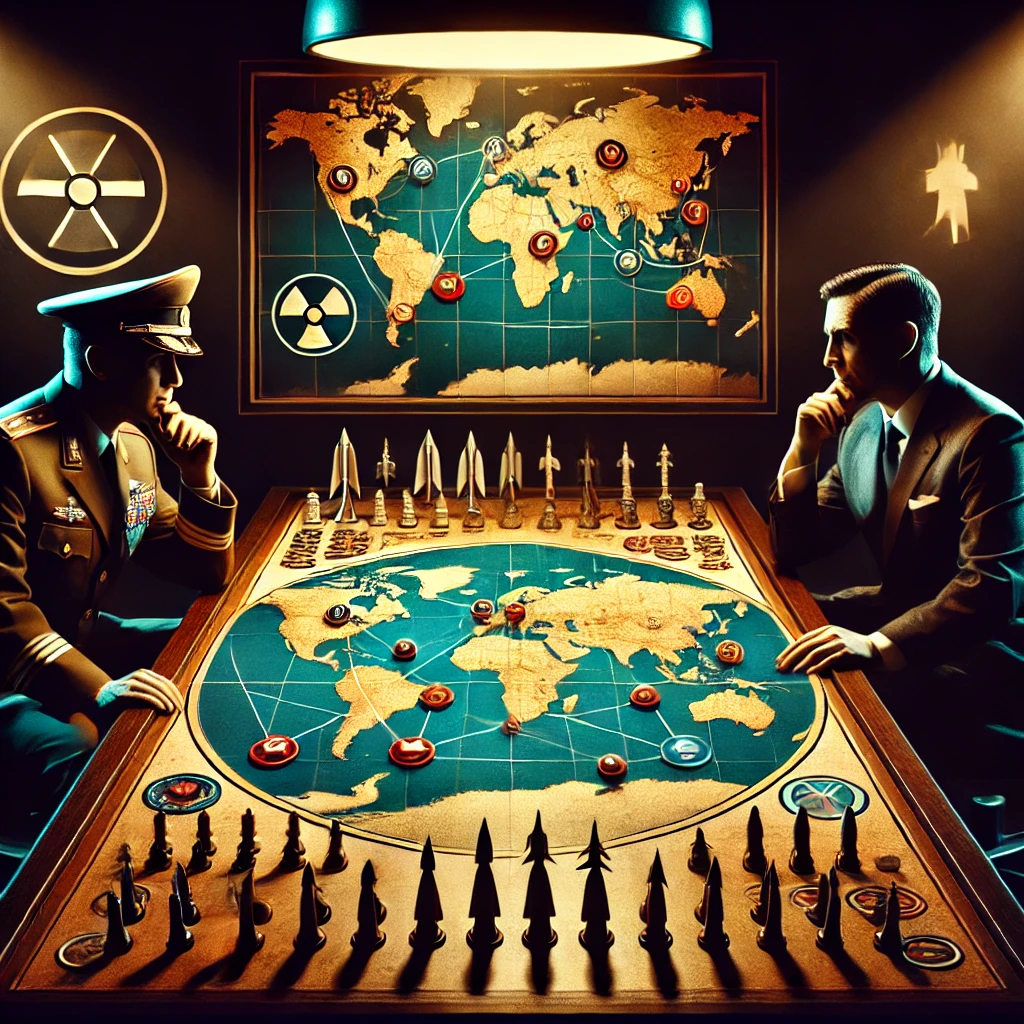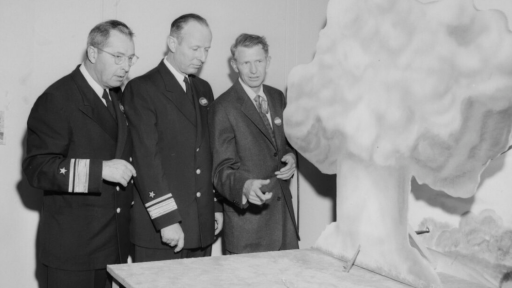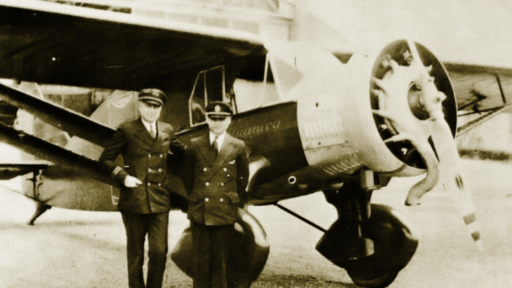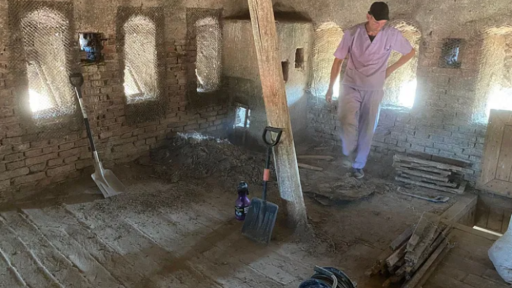A Game with World-Changing Lessons
Imagine a board game that could change how global leaders think about war. In 1983, a military simulation called Proud Prophet revealed shocking truths about nuclear strategy. It showed that a nuclear conflict would result in catastrophic losses for everyone, leaving no true winners. This exercise forced leaders to reconsider their reliance on nuclear weapons.
No One Wins a Nuclear War
The Proud Prophet simulation, led by military and academic experts, mimicked real-world decisions during escalating tensions. The findings were sobering: every path toward nuclear escalation—regardless of tactics—ended in mutual devastation. It proved that using nuclear weapons as a strategy for dominance or deterrence was a dangerous illusion.
Changing Cold War Strategies
At the height of the Cold War, countries stockpiled nuclear weapons, believing strength came from intimidation. However, Proud Prophet proved the opposite: once nuclear war begins, no side can win. This game encouraged policymakers to shift from weapons escalation to diplomacy and conflict prevention, reducing the risk of real-world nuclear catastrophe.
Lessons for Today’s World
Though the Cold War ended decades ago, its lessons still resonate. Today, many nations still possess nuclear weapons, and global tensions persist. The Proud Prophet’s findings remind us of the importance of de-escalation and peaceful conflict resolution. It’s a stark warning against relying on strategies that could spiral out of control.
Don’t Light the Match
Imagine two neighbors piling fireworks in their backyards to scare each other. If even one firework misfires, both houses could burn down. Proud Prophet showed that the only safe choice is not to light the match at all—an analogy for avoiding nuclear conflict before it starts.
Source: The New York Times

